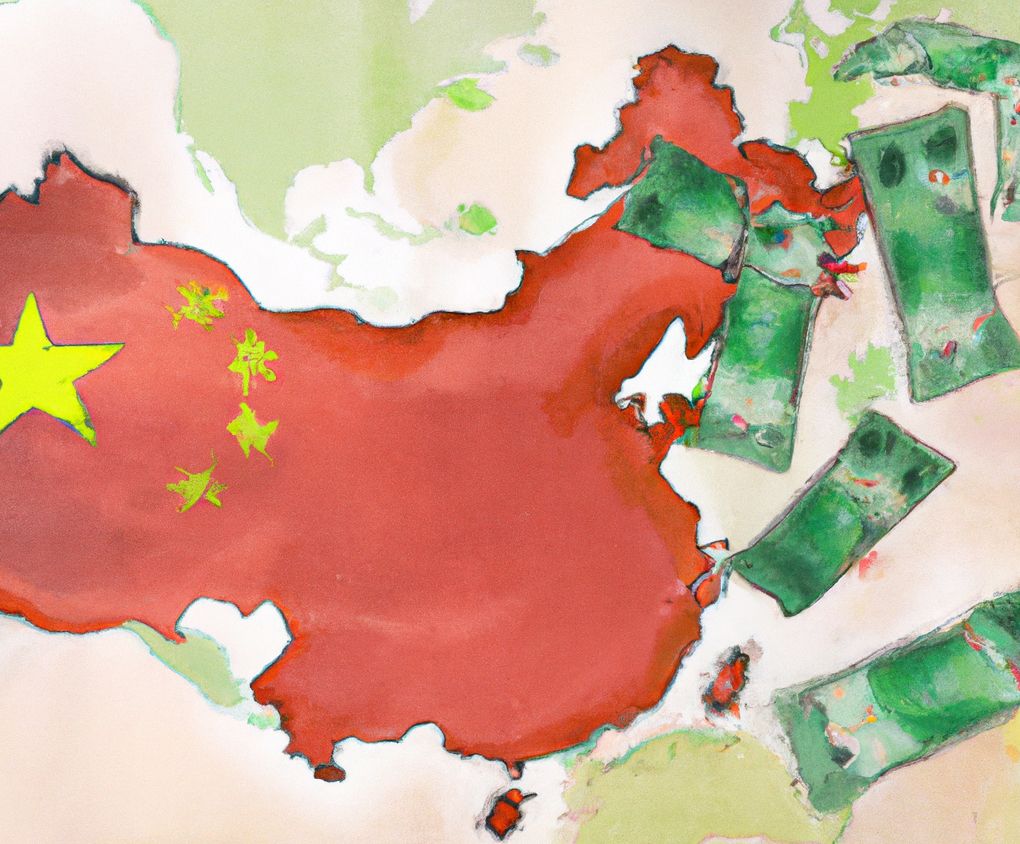China Seeks Forex Control With Ban on New Offshore Trading Accounts

The Lede: For the first time, China has issued a notice announcing the prohibition of domestic brokerages and their overseas units from taking on new mainland clients for offshore trading as Beijing works to bring the yuan under control amid rising dollar interest rates and geopolitical tensions.
What We Know:
- A Thursday statement by the China Securities Regulatory Commission (CSRC) referring to a September 28 notice from their Shanghai unit said that brokerages have been instructed to stop offering securities trading from offshore accounts such as Hong Kong to new mainland investors in an effort to control the conversion of yuan to other currencies. The CSRC also said that it initiated ‘standardization and rectification work’ on illegal cross-border business expansion of overseas subsidiaries of brokerages back in January.
- Activities now considered illegal include cross-border securities broking, securities lending, fund sales, and investment consulting. New investments by existing mainland clients will be strictly monitored to prevent investors from bypassing China's foreign exchange controls.
- A deadline has been set for the end of October for the removal of apps and websites that solicit mainland clients. Offline channels for opening accounts are also required to shut down.
The Background: Offshore trading services are a key source of revenue for the Hong Kong units of state-owned brokerages. Slowing growth in China has led to investors looking overseas. This action is weighing on the yuan and spurring authorities to make new efforts to stabilize the currency. The yuan has been one of Asia's worst-performing currencies recently. It has weakened 5.5% this year as China's post-pandemic recovery disappointed markets and unfavorable conditions abroad persist. Domestic brokerages have been encountering strict regulations regarding data security, cross-border securities businesses involving domestic investors, and capital outflows recently.
Likely Outcomes:
- According to Reuters, Chinese nationals are still able to invest offshore through the Stock Connect with Hong Kong or by using the quota-based qualified domestic institutional investor and the qualified domestic limited partnership programs. They may also use foreign brokerages if their funds are located offshore. It appears that the measures clarified on Thursday by the CSRC specifically focus on the yuan conversion aspect of offshore trading. Attempting to stem outflows through this path may be just one of many steps that Beijing will take to shore up its economy.
- Chinese authorities in Shanghai and Beijing announced last month that foreigners would be allowed to move money freely into and out of the country in a significant shift toward relaxing its strict capital controls. China could potentially announce greater opening up to foreign investment, but may also rethink this policy in the case of greater net outflows. This remains to be seen as sentiments and the environment for doing business in the country has deteriorated in the past years.
Quotables:
"We believe the main policy purpose is to curb capital outflows, especially in the context of yuan depreciation pressure. From an industry perspective, the impact will be greater on brokerage firms with larger offshore retail business." – Shujin Chen, head of China financial and property research at Jefferies.
Good Reads:
China bans new offshore brokerage accounts to prevent 'bypassing' of forex controls (Reuters)
